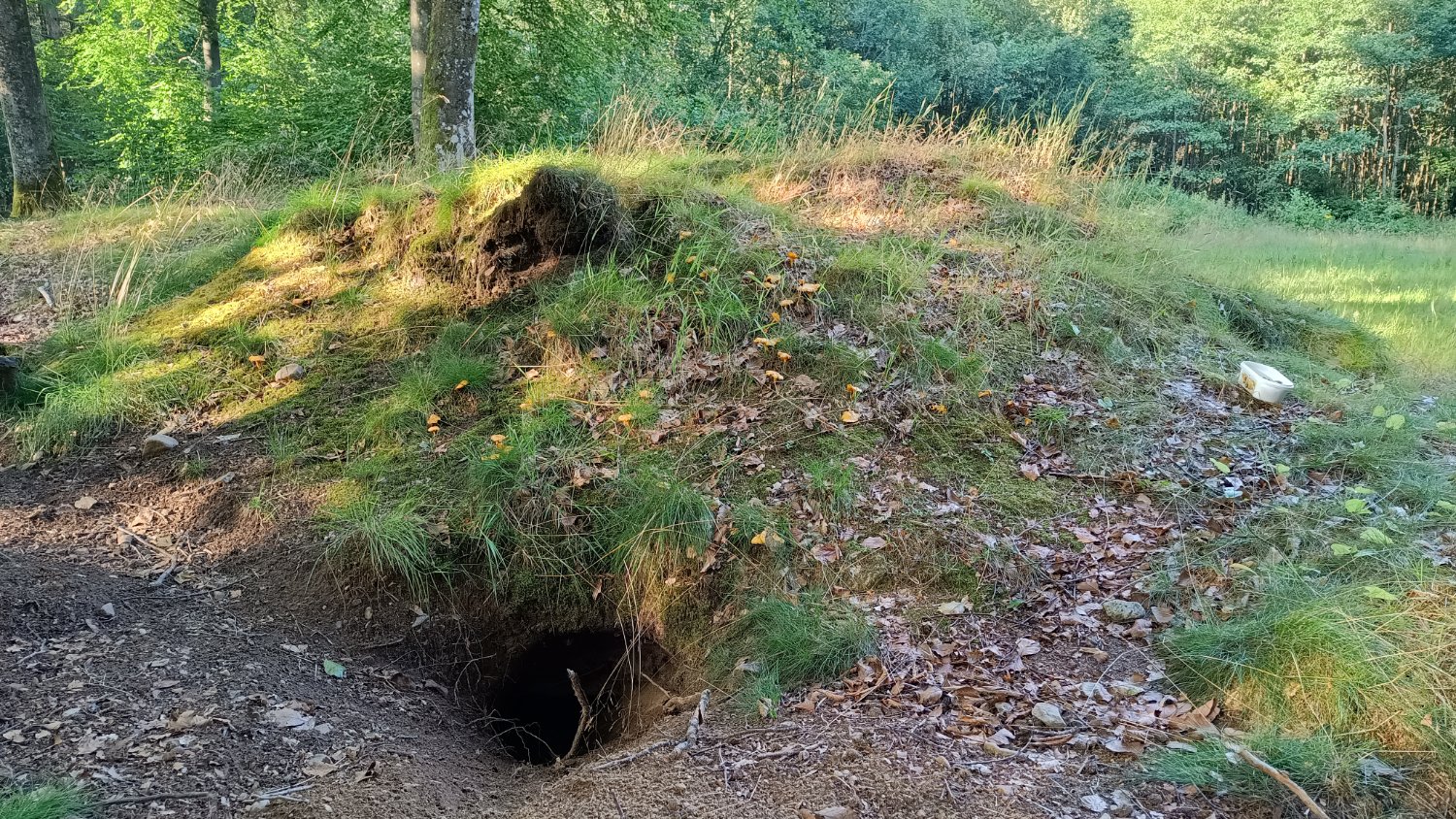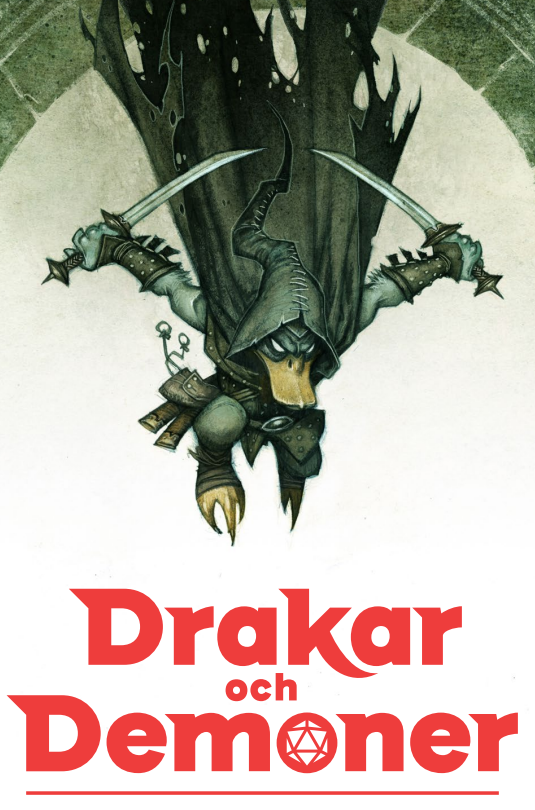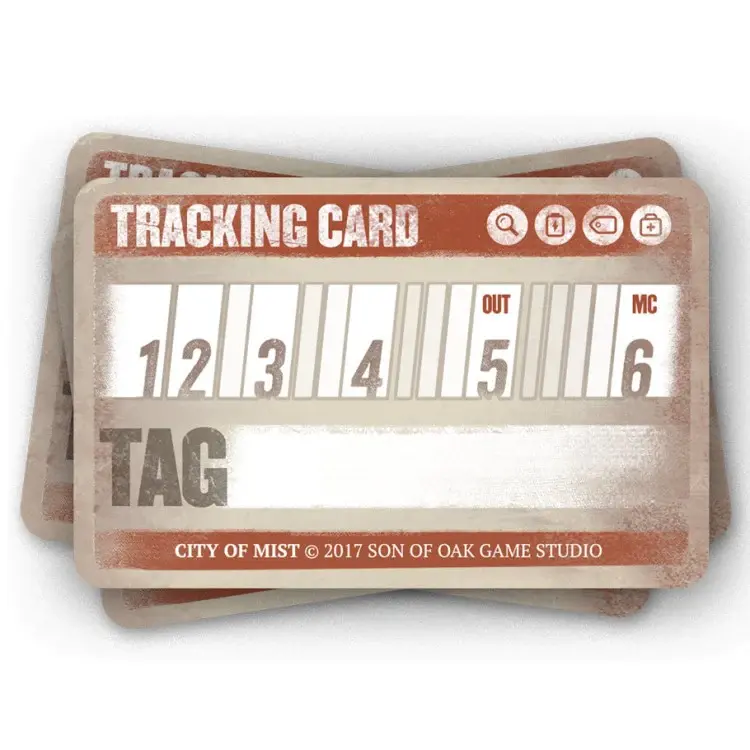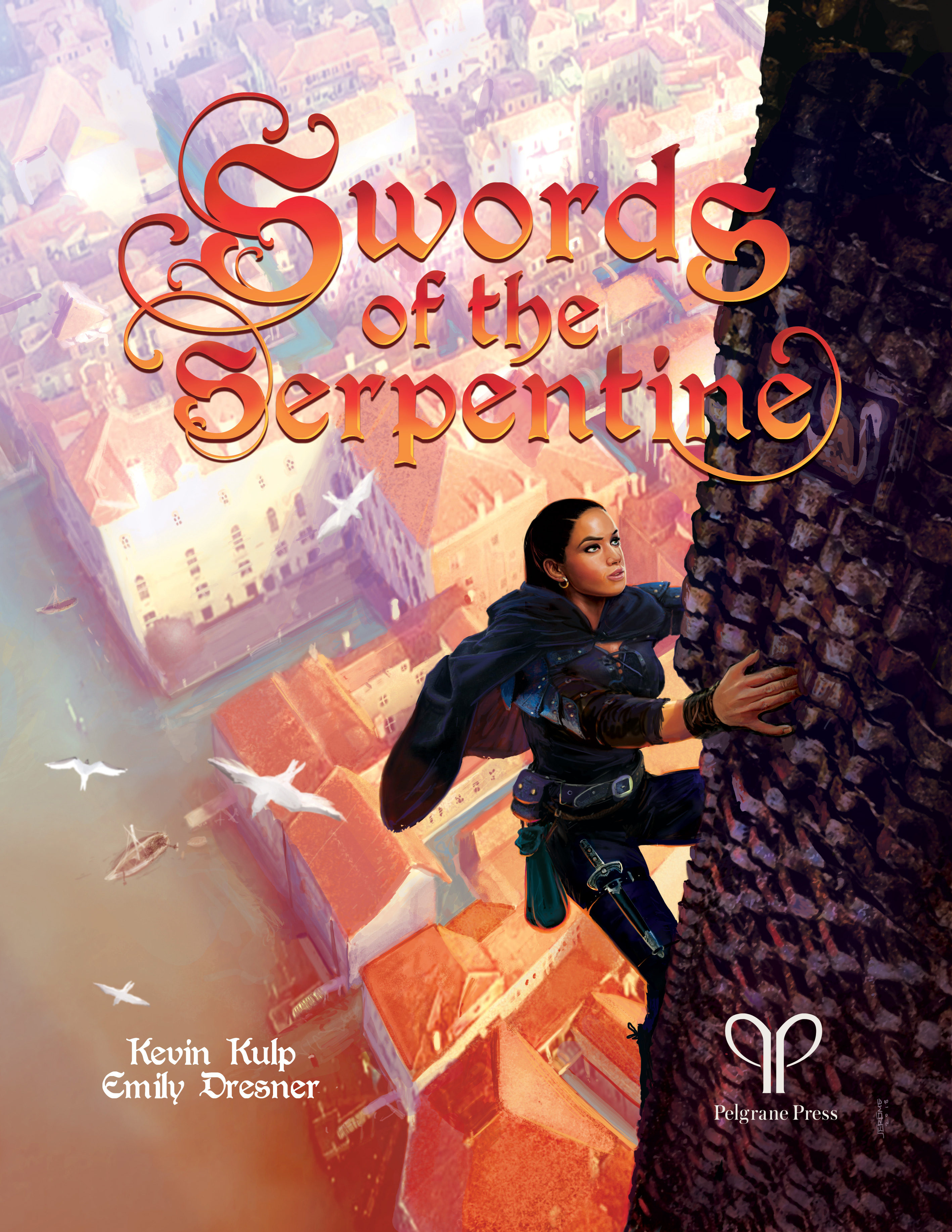If there are three players present I'll run. Unless there is something big upcoming, then we'll discuss if we want to postpone. I usually say "I want four players, so I'll recruit to five, and run with three".
I'm in a similar boat. According to steam haven't opened EUIV since 2017 and now I have a huge relearning curve. And new DLC to get. While I would love to get back into it I have better (path) things (of) things (exile) to (two) do.
Inkscape enjoyer here. The vector based tech makes it not that limited to my skill at drawing but rather how I can manipulate the vectors and points. Make things thinner or wider, change a curvature etc. And nothing is set in stone. I'm using it for everything. World maps, region maps, settlements, dungeons. You name it. For dungeons (and inside locations) I gathered all my most used assets to save time.
Most recognizable trigger from said image - Reinstalling EUIV
Sigh... here I go again...
A bit of preface. The games I run, the games I play in and the groups I enjoy all are very open with discussing meta. From story beats to encounter critiques and where we the players want to see the game go.
what do you do when the players go off-script?
We are honest and appreciate the time the GMs put into running the games. Several times either I or another GM have stated "that direction is not prepared" and the group have a chat from there. Perhaps calling it early or we zoom in on character daily life (or their projects). The amount of times a "forgotten" villain have reappeared for revenge in these situation is kinda high.
on railroading
Why play a game about characters, their decisions and their reaction to adversary when their decisions won't matter? When the roads they travel all lead to Rome? This is very much also something that is part of the game's setup. How directed the game will be. A wide open sandbox will strain much more against being directed than a more tightly focused narrative. Heck, I don't actually mind being directed in a game with a focused narrative or having the GM drawing the game back to it's story.
It's a complex topic where advice will differ depending on the specifics of each game.
"New to me" it may technically be but I'm going to start up something with Ironsworn: Starforged: Sundered Isles (yes I'm calling it that, fight me). Have used both Ironsworn and Starforged before but not Sundered Isles.
What actually would be new to me is Fey Borg as I've yet to run anything Borg. Barely anything OSR at all.
Shawn Tomkin's Ironsworn series. Delve I regularly use for setting up point crawls. Ironsworn/Starforged/Sundered Isles have great collections of random tables, I use the book thematically most fitting for the situation at hand. The core tables of Action, Theme, Descriptor and Focus all get heavy use.
Kevin Crawford's [SOMETHING] Without Number series have awesome tables as well. These however get more use when I need more detail. Prep stuff. Again most thematic book is picked first but I do have used Cites (cyberpunk) for fantasy cities.
When I want to create background for "medieval fantasy" characters I pick up Burning Wheel and burn something up. Through that I get a good selection of relevant skills to sue (for flavor)
Anything related to cosmos and mythology I say HELLO! to my growing collection of Glorantha material. From cult books to magic tomes and Atlases.
26+6=1
Damn I'm feeling you. I'm in the fall process (solidly down 15kg/33lb, approaching 20kg/44lb) with about 10-15kg to go. When my belly stops flapping I'm good I think. But I fear the rebound... Currently lots of my evening snacking have disappeared because of evening gym classes, so late home and even later dinner. So I don't have time anymore to get snacky. Or if I do it's almost bedtime anyway so I'll just go to bed instead.
But once I've hit my goal and don't need to hit gym that hard anymore... That frightens me. A little bit at least. Made some good connections there and got a routine going so i can probably keep it up.
Hitting the gym
What do you mean capitalism WAS a misstake? Did I miss a memo?




Quoting the wise Sage Yoda
Therefore Fear of Spiders (arachnophobia) is Neutral Evil.